Sweaty palms and racing thoughts, a knot in the stomach that continues to tighten and churn, a growing sense of restlessness that makes you feel as if your body is going to explode. If these are the feelings you’ve been gripped by in the wake of a relationship coming to an end, don’t dismiss them as breakup blues. You could be dealing with anxiety after breakup.
Experiencing horrible anxiety after breakup indicates that the loss of a comfortable, familiar connection has left you feeling overwhelmed and vulnerable. These feelings can stem from either sadness and grief over what you’ve lost or the uncertainty about what the future holds, often, it can also be a mix of both. Whatever the reason, breakup sadness and distress are not easy to navigate.
Even though anxiety after breakup doesn’t last forever, it can be debilitating while it does. We’re here to help you work through these anxious thoughts and feelings in consultation with Dr. Gaurav Deka (MBBS, PG diplomas in Psychotherapy and Hypnosis), an internationally acclaimed Transpersonal Regression Therapist, who specializes in trauma resolution, and is a mental health and wellness expert.
Is It Normal To Have Anxiety After A Breakup?
Table of Contents
Sadness after a breakup is common and expected. However, experiencing anxiety after breakup can be scary, and leave you riddled with a host of questions. Was the breakup a mistake? Are these anxious thoughts a sign that you should get back together with your ex? Or worse, are these an indicator of underlying mental health problems?
All of these questions can further feed the spiral of intrusive thoughts and restlessness that is commonly associated with anxiety. So, first and foremost, let’s address a crucial question: Is it normal to have anxiety after a breakup?
According to research, anxiety characterized by trouble sleeping, poor concentration, restlessness, panic, pessimism, racing, and intrusive thoughts is a common feature of post-breakup sadness and distress. Another study indicates that 43.4% of people experience psychological distress in varying degrees after the end of a romantic relationship. That is four in 10 people. So, it’s safe to say that anxiety – be it anxiety about dating after breakup or anxiety over being alone after breakup – is fairly common.
Dr. Deka concurs, and says, “It is normal to have anxiety after breakup simply because our experience of love is more strongly felt in the body than it is in the brain. We feel love on a somatic level more than through our thoughts, feelings, and emotions. For example when we experience withdrawal from any sort of substance or alcohol or even food, it is really our body that experiences these cravings, and our mind interprets that craving and translates it into thoughts such as “I want to have alcohol” or “I want to have dessert”. These thoughts arise as a result of the body craving something it badly wants. The experience of being in love and then losing it is also not very different from these cravings.”
Related Reading: 9 Reasons You Miss Your Ex And 5 Things You Can Do About It
What Causes Anxiety After A Breakup?
Knowing that anxiety after a breakup is fairly common can be reassuring. Understanding why you’re experiencing these unsettling symptoms even more so. Awareness about what’s going on in your body and why is one of the best ways to deal with anxiety, irrespective of its trigger or origin. To that end, let’s take a closer look at what causes anxiety after a breakup.
Dr. Deka explains, “When we are in love, the chemistry of our body changes. That’s the reason why we are able to experience feelings of security, safety, benevolence, compassion, trust, and a connection with another person. When a breakup happens, all of those feelings are gone and the primal brain sends signals to the body, telling it you are not safe anymore. This brings a deluge of all-consuming post-breakup feelings.
“It’s an unfamiliar territory now, there is uncertainty, you do not know what is going to happen, your sense of anchor, your sense of trust is gone. These signals give rise to a different kind of chemistry in your body, which translates into feelings of nervousness, palpitation, and restlessness. Hence, you may experience an anxiety attack after breakup or anxiety over being alone after breakup.

“Sometimes it may be difficult to have a cognitive understanding or awareness of why you’re feeling the way you. You may feel as if you’re losing your ground, you may feel grief and sadness, which manifests in the form of horrible anxiety after breakup. At the very core of it is the fact that you no longer have that anchor in your life that contributed to your sense of safety and trust and compassion and familiarity with your world as you knew it.
“Anxiety after a breakup is essentially a withdrawal that your body is experiencing, knowing that it no longer has that safe space. To understand anxiety after a breakup, I always go to the metaphor of how it feels to let go of food that you want to have or lose money that gives you a sense of security in life – both of which humans have a deeply emotional relationship with.
“Here too you have lost someone you have a deeply emotional relationship with, who contributed to your ability to feel grounded and now that is gone. This triggers real hormonal and chemical changes – for example, there is a depletion of neurotransmitters like dopamine and Oxytocin.” All of this may result in generalized anxious feelings or something a lot more specific like morning anxiety after breakup or social anxiety after breakup.
Expert Recommends 8 Ways To Cope With Anxiety After Breakup
Struggling with horrible anxiety after breakup can leave you riddled with questions, doubts, and dilemmas. As is the wont of an anxious mind, these questions feed the racing, intrusive thoughts, which give way to more questions than answers, and you find yourself trapped in a cycle that keeps feeding itself.
Besides, making sense of an anxiety attack after breakup or even occasional bouts of anxiousness can be hard if your rational mind knows and understands that breaking up was the right decision. As Reddit user kdh4_me writes, “I’m not exactly sure WHY I have anxiety. I know we weren’t meant for each other and that I can find a better match for me. So, any idea why I feel anxious?? Is my body just unsure of how to react?”
If you find yourself in a similar situation where anxiety after breakup is taking a toll on your mental health and taking up a major chunk of your headspace, remember to treat yourself with kindness and compassion. You just lost an integral part of your life and whatever feelings that loss is triggering are valid. Now, from this place of compassion, try these 8 ways to cope with breakup sadness and anxiety:
Related Reading: Separation Anxiety In Relationships – What Is It And How To Cope?
1. Work with the body
Whether you’re dealing with a full-blown anxiety attack after breakup or fleeting phases of anxiousness every now and then, it is important to tune into your body, observe the way anxiety manifests itself through bodily changes and commit to routines that can help you feel calmer and more centered. This can make it easier to cope with depressive feelings after breakup.
Dr. Deka says, “I always tell people to work with the body. It is not important to always understand the experience of a breakup through your mind. Your mind may tell you several things, which can often be contradictory and hence confusing. But when you work with the body, you can be more in touch with what you’re experiencing and in a better position to manage it. That’s why exercising, breath work, and yoga always help.”
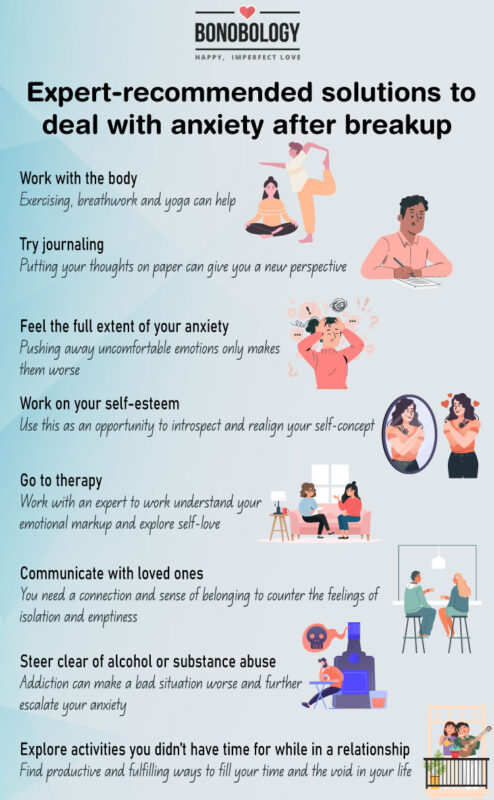
2. Feel the full extent of your anxious thoughts
Right from our childhood, we are conditioned to push away uncomfortable emotions. “Don’t cry.” “Don’t get angry.” “You shouldn’t feel jealous.” We’re told things to this effect over and over again, and eventually, it becomes ingrained in our psyche that uncomfortable emotions are bad and must be avoided.
However, every human emotion serves a purpose and seeks to tell us something. The same is true of the anxious feelings that may be consuming you in the wake of a breakup. To be able to make sense of this feeling of emptiness after a breakup, it’s important to feel their full extent and allow them to come as they may – like an ocean wave that washes you over.
At the same time, it’s important to not let these emotions overpower you. Instead, attune your mind to understand where this anxiety originates from, what are the triggers, and how it makes you feel. For example, do you feel anxiety about dating after breakup? Or is it anxiety over being alone after breakup? Have you been experiencing social anxiety after breakup? Understanding what brings on these anxious thoughts can give you an insight into its underlying cause, thus making it easier to manage.
Related Reading: 9 Expert Tips To Stop Feeling Sorry For Yourself After Breakup
3. Communicate with your loved ones
Horrible anxiety after breakup could also be caused by a sense of isolation and loneliness that creeps in when you lose a significant other. In times like these, there is no better way to feel grounded and at ease than turning to your loved ones for support, comfort, and communication.
“Communicating with people also helps when you’re trying to cope with anxiety after a breakup because connection is a must. After a breakup, you invariably experience a certain disconnection and feel robbed of your sense of safety and trust. So communicating with people, being in the community, being a part of a collective can counter the feelings of uncertainty and insecurity and help you feel grounded,” says Dr. Deka.
4. Explore activities you didn’t have time for while in a relationship
When a relationship ends, a partner’s departure leaves behind a giant hole in your life. Often people try to fill that void by clinging to memories and rituals of the past. Sleeping in an ex’s t-shirt, watching the TV shows or movies they loved or you watched together, listening to songs that had a special meaning for you as a couple, and so on.
However, these can often prove to be triggers for anxiety after breakup. For instance, if their photo on your nightstand is the first thing you look at upon waking up, you can end up with morning anxiety after breakup that can make getting out of bed and on with your life that much harder.
Instead of romanticizing the past, look for opportunities to fill your time in a constructive, meaningful manner. This can aid the process of healing a broken heart. “You need to find out things or activities that you wouldn’t have done had you been in a relationship but can do now that you are single. It helps by redirecting your energy to things that you can do and accomplish rather than only focusing on what you’ve lost,” says Dr. Deka.
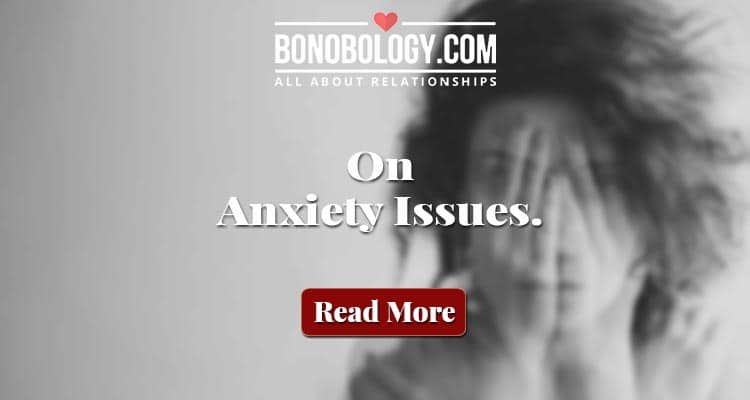
5. Journaling helps calm anxiety after breakup
Journaling is a time-tested exercise that therapists recommend to people suffering from anxiety, be it in the form of Generalized Anxiety Disorder (GAD) or something as specific as anxiety after breakup. Give journaling a chance to make sense of the bubbling cauldron of emotions and thoughts occupying your headspace, helping you feel better after a breakup.
“Having your thoughts in your head is one truth and putting them on paper is another truth. In your mind, your thoughts can seem haphazard, scattered, or deeply enmeshed with one another. When you put your thoughts down, you write things that you would never have thought of because once you start channeling your thoughts into words, they become tangible, palpable, and real. Somehow you’ve given your abstract thoughts a physical form now. As a result, you feel empty in your mind,” advises Dr. Deka.
Related Reading: 9 Expert Tips To Let Go Of Someone You Love Deeply
6. Don’t rely on alcohol or substance abuse
Finding solace at the bottom of a bottle or smoking a joint to numb your pain are toxic behaviors that have been romanticized and normalized by cinema and popular culture. But there is nothing cool or aspirational about willfully opening yourself up to the risk of addiction.
While these substances may offer your temporary relief from the horrible anxiety after breakup that has left you feeling like a bundle of raw nerves, in the long run, these will only cause more harm than good. Apart from the many known risks of addiction, be it to alcohol, drugs, or nicotine, these behaviors can actually worsen the anxiety and make it more severe. There is enough evidence that addiction can become a trigger for anxiety.
7. Go to therapy to cope with anxiety after breakup
If anxiety after breakup is impacting your quality of life, seeking professional help is your best recourse. Be it chronic horrible anxiety after breakup or an occasional anxiety attack after breakup, no issue is too small to warrant help if it’s interfering with your peace of mind.
Dr. Deka says, “Go to therapy not because you suffer from an illness but because you want to feel grounded, you want to feel safe inside your body, you want to have a guided experience so that you can explore your concept of self-love. The very fact that you experience anxiety suggests that your concept of self-love, the ability to hold yourself in all circumstances, your ability to feel worthy irrespective of the circumstances is somehow compromised.”
If you have been struggling to let go of anxious thoughts after a breakup and are looking for help, skilled and experienced counselors on Bonobology’s panel are here for you.
8. Work on your self-concept and self-esteem
Dr. Deka goes on to add, “A breakup can be a great opportunity to rebuild the concept of self-love and explore how you can feel worthy, how you can truly love and honor yourself, look at your emotional landscape and see how you can improve yourself. Do you still seek validation? Do you still seek approval from others to consider yourself important and worthy?
“Being aware of your thoughts, feelings, including negative ones, and how they impact you so that you can pivot your thoughts and awareness in a direction you want and feel good about yourself. This is an opportunity to build your self-concept, your awareness of your own love.”
Use this time to cultivate greater self-awareness, build or bolster your self-esteem and work on yourself to correct the behavior patterns that may have contributed to your last relationship not working out.
Key Pointers
- Anxiety after breakup is fairly common
- Even though it eases up with time, it can be scary and overwhelming while it lasts
- With the right coping techniques such as journaling, bodywork, and therapy you can learn to manage your anxious thoughts better and even break free from them over time
- Anxiety can be a distressing condition, seek help from a mental health professional at the earliest
The sadness after a breakup passes, the lessons remain. What these lessons are is up to you. If you don’t get intimidated by the severity of your emotions and are prepared to embrace them as they come and work through them without letting them overpower you, a breakup can be the perfect opportunity for cultivating better self-awareness and self-love. It can be an arduous journey to embark on but the right help and support can make it worth your while.
FAQs
While it is hard to predict exactly how long a person may experience anxiety after a breakup, experts suggest that it can last anywhere between six months and two years. The severity and duration of anxiousness varies from person to person, depending on their unique circumstances such as the duration of the relationship, readiness to move on, and their own emotional landscape
How long after a breakup you feel normal also depends on a variety of factors – how invested you were in the relationship, how long you were together, did you see a future with your partner, and so on. The more serious the relationship, the longer it takes to move on from it. As a general rule of thumb, it takes three months to get over every year you’ve spent with a romantic partner. So, if you’ve been together for two years, you may take six months to feel normal again. But if you’ve been together five years, that timeframe may get stretched to 15 months.
How long is too long to be sad after a breakup also depends on the nature and length of your relationship. However, if you continue to feel distressed and anxious for more than six months after a breakup and these feelings are becoming more intense rather than easing up, it’s absolutely vital that you seek help from a mental health professional.
How To Fall Out Of Love With Someone – 18 Tips To Make It Happen
Your contribution does not constitute a charitable donation. It will allow Bonobology to continue bringing you new and up-to-date information in our pursuit of helping anyone in the world to learn how to do anything.

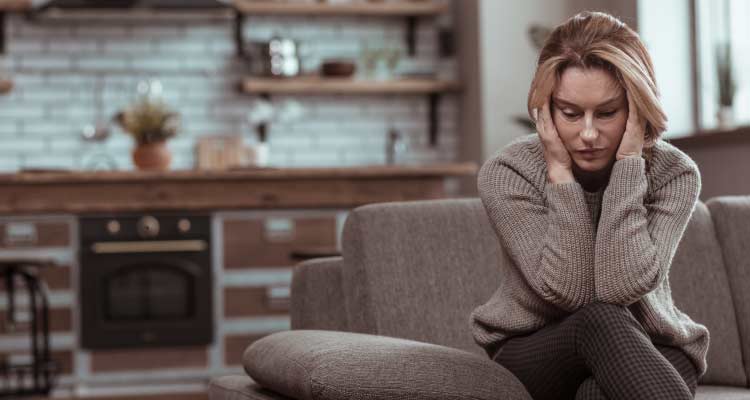

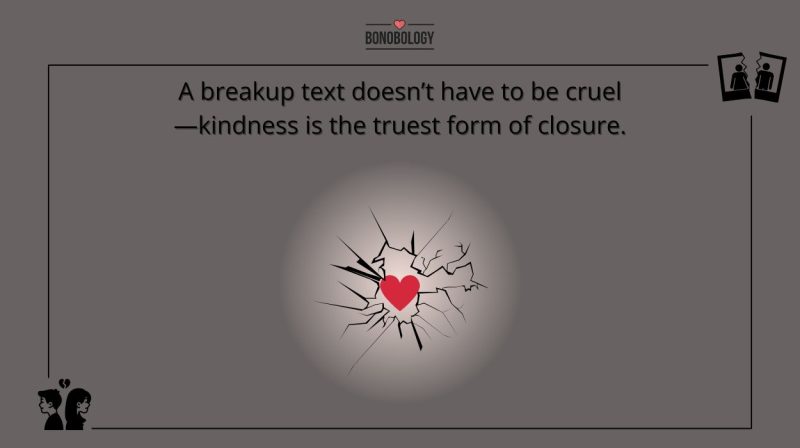
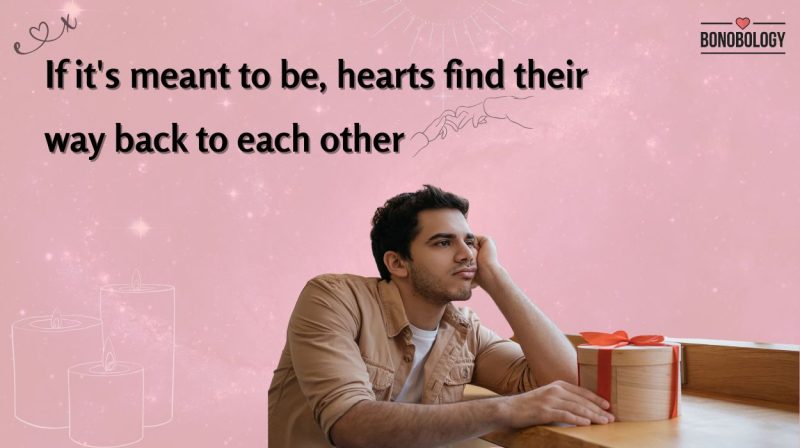
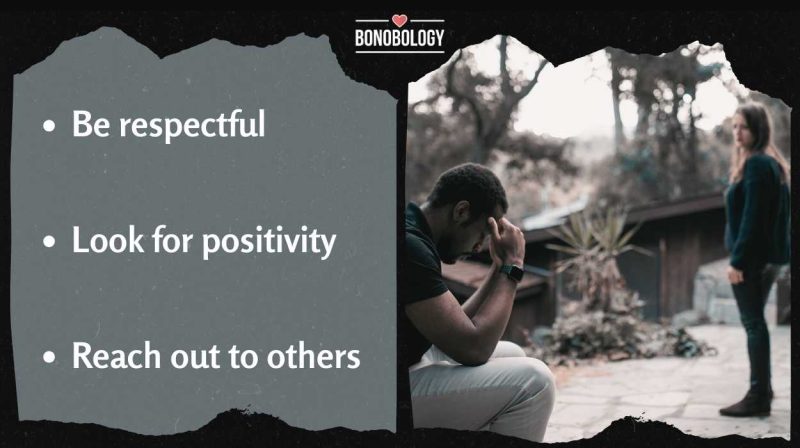
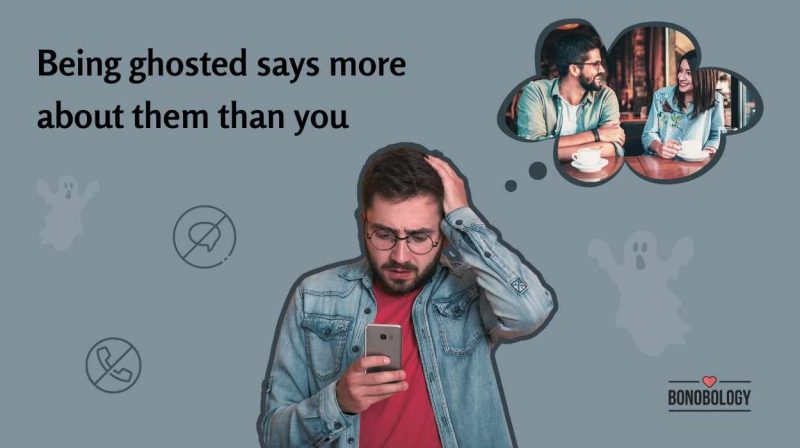
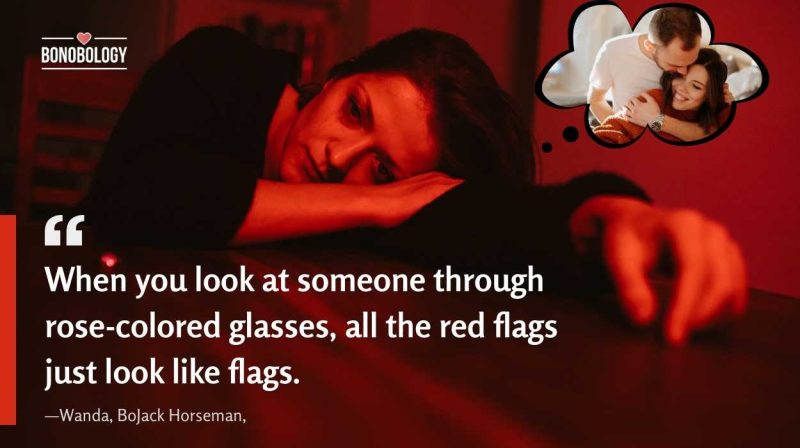
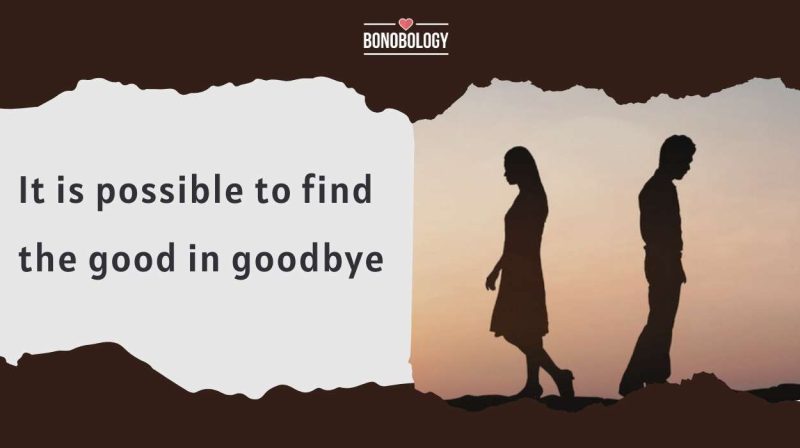
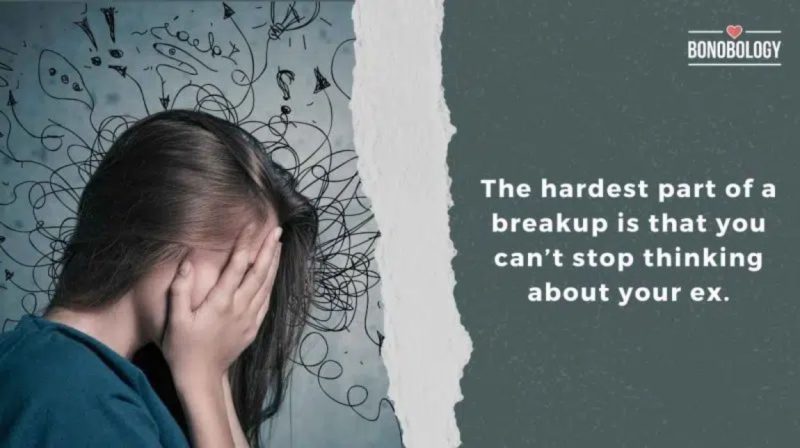
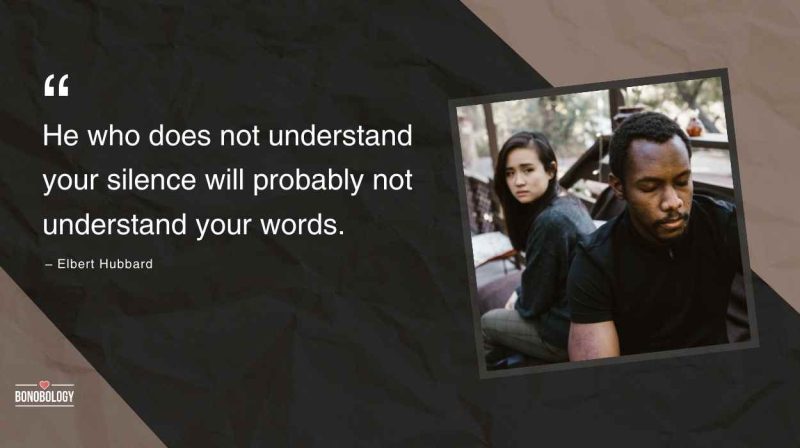
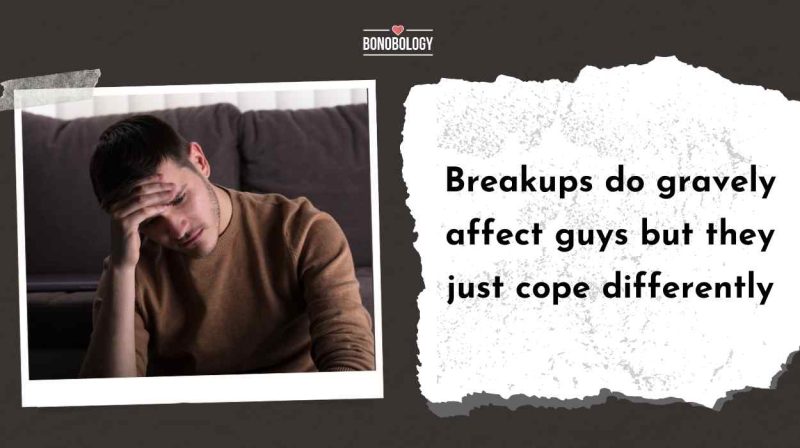
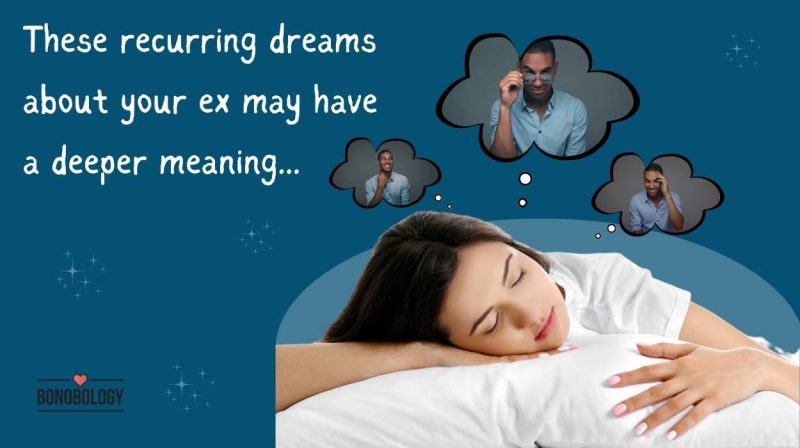
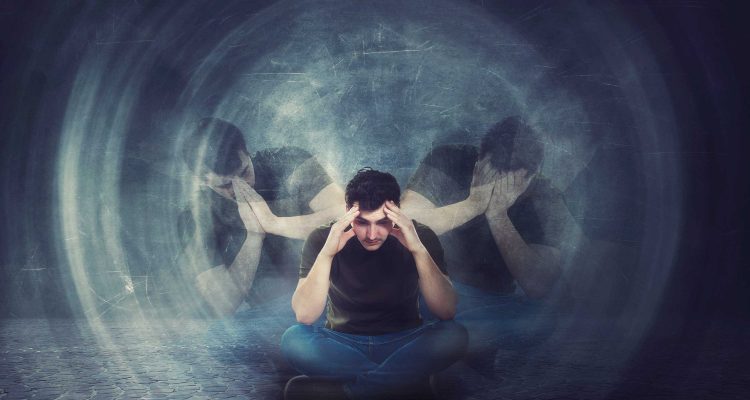


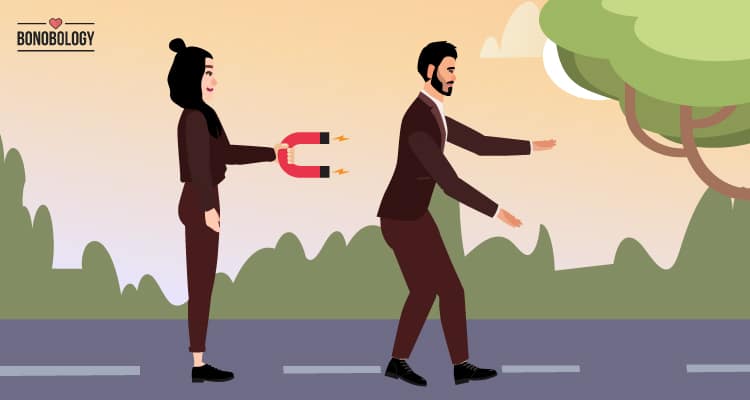



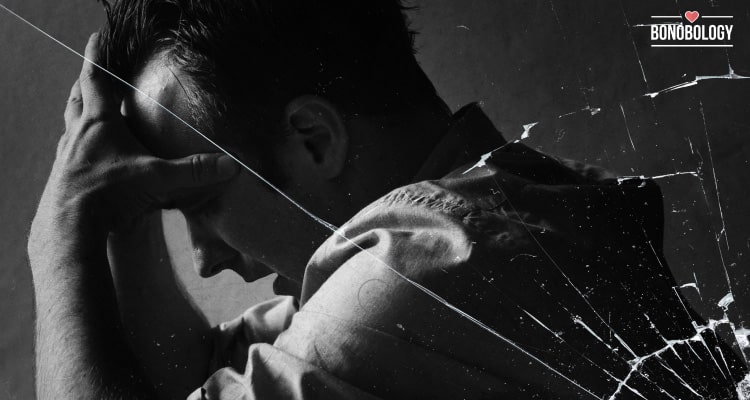
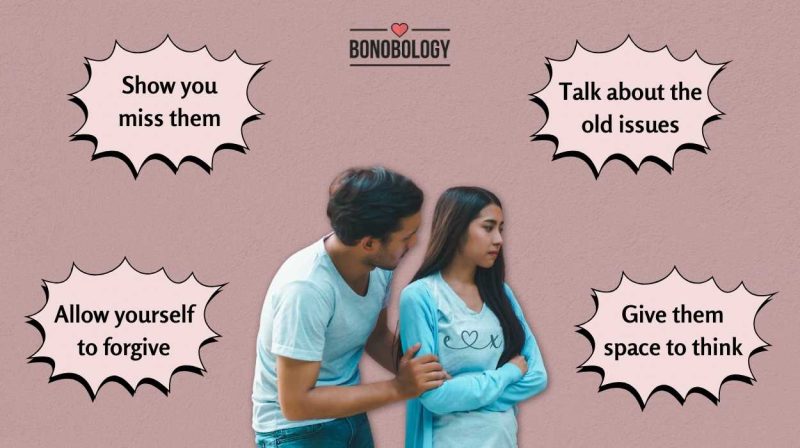
Featured
100 preguntas para hacerle a tu ex pareja y superar tus sentimientos
100 Breakup Text Messages: Compassionate Ways to End Your Relationship
Will She Come Back? 15 Signs You’ll Get Back Together
How To Emotionally Let Go Of Someone You Love: A Therapist Advises
Ghosted After First Date? Why It Happens And How To Deal
Dumpers Remorse: Meaning, Signs, and Stages
How To Break Up With Someone Without Hurting Them: 10 Rules
How To Stop Thinking About Your Ex—15 Expert-Backed Tips
The Right Way To Use Power Of Silence After A Breakup
Why Do Breakups Hit Guys Later? 7 Intriguing Reasons
Ex In Your Dreams? Find Out What Does It Mean When You Dream About Your Ex
I Hate My Ex: 13 Reasons It’s Okay And Tips To Move Forward
11 Psychological Tricks To Make Your Ex Regret Leaving You
How To Break Up With Your Girlfriend: 21 Dos and Don’ts
How To Get Your Ex Back When He Has Moved On? 15 Tips
How To Lose Feelings For Someone You Love And Let Go
Do Rebound Relationships Ever Work?
Will He Come Back? 15 Signs That Indicate He Will And What To Do
15 Sure-Shot Signs He Is Heartbroken Over You
13 Ways To Get Back With Your Ex